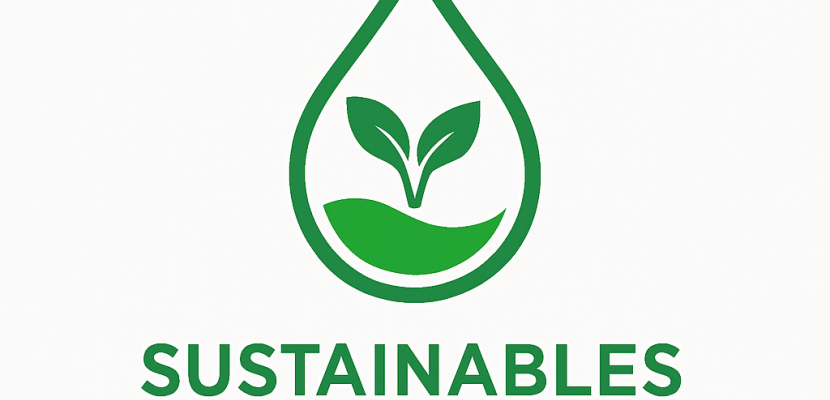
‘’The Sustainables’’

About this good practice
"The Sustainables" is a pilot project developed by the Sustainability Engineering Laboratory (SEL) of the Aristotle University of Thessaloniki. The project showcases an innovative small-scale pyrolysis unit designed to convert locally sourced waste biomass into bio-oil, which can be upgraded into biodiesel. This solution addresses both the need for decentralized renewable energy production and the valorization of agricultural and forestry residues.
The unit demonstrates how small communities and rural areas can produce sustainable fuels with minimal environmental impact. Designed for low operational costs and flexibility, the pyrolysis system can process different types of biomass feedstock, making it adaptable to various regional waste profiles.
Local and regional authorities in Thessaloniki played a key role in the project’s development and visibility. They supported the initiative through public outreach and local media coverage, further amplifying its impact by awarding it in an innovation competition and showcasing it at a local festival, significantly boosting public awareness.
The project aims to reduce dependence on fossil fuels and offer an educational and research platform for students, engineers, and policymakers. It also serves as a prototype for future deployment in off-grid or underdeveloped regions seeking autonomous energy solutions.“The Sustainables” gained attention for its simplicity and impact, supporting Europe’s green transition through innovation.
Resources needed
The practice required a research team, funding for equipment and materials, laboratory space, biomass feedstock, engineering tools for pyrolysis system design and testing, and collaboration with local stakeholders for sourcing biomass and disseminating results.
Evidence of success
In total, over 80 kg of raw biomass were collected and processed through pyrolysis, yielding approximately 18 liters of biodiesel. In total, this fuel successfully powered a 5 kW diesel generator, producing around 50 kWh of electricity. Indicative demonstrations were presented at local events, where participants saw firsthand how municipal biowaste was transformed into usable energy, demonstrating the system’s real-world practicality and impact.
Potential for learning or transfer
Urban biowaste, such as tree trimmings from public spaces in Thessaloniki, is often unutilized for the benefit of citizens. This unused resource represents a missed opportunity for local energy production and circular economy implementation. Despite growing volumes of organic waste, municipalities lack low-cost, small-scale technologies and structured programs to convert this biomass into useful outputs like heat or electricity.
“The Sustainables” addresses this challenge by offering a hands-on, replicable model that transforms such municipal waste into clean energy. The MoT supported the initiative by providing access to biomass and promoting the outcomes through local events. The project has been showcased publicly, enabling citizens, students, and professionals to directly observe the conversion of waste to energy. Citizens with relevant backgrounds are encouraged to participate in workshops, and future activities could be integrated into the city's innovation hubs.